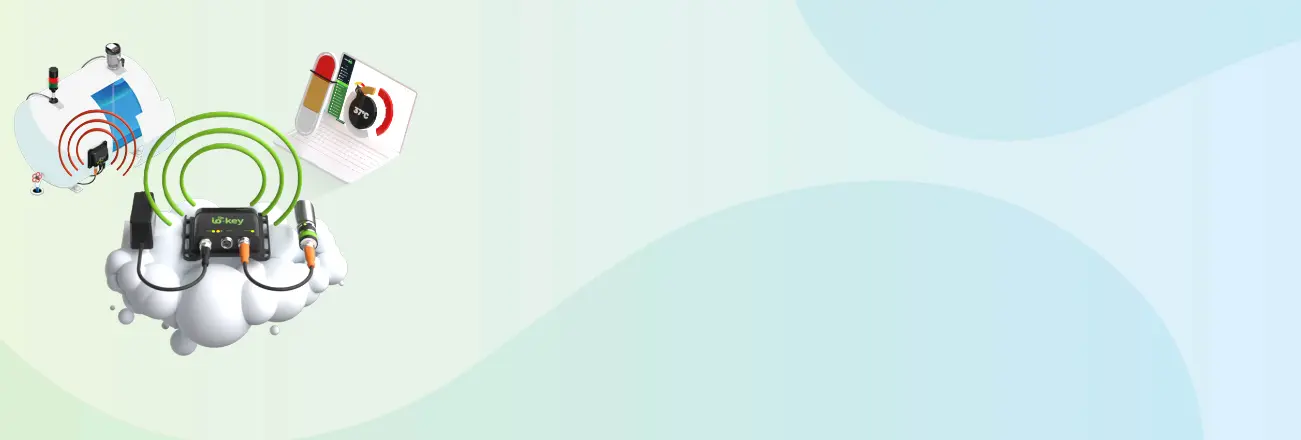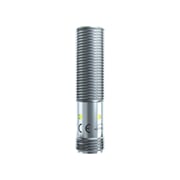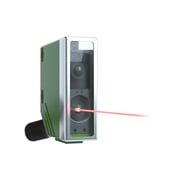Westheim brewery - Automation in a premium brewery

Automation in a premium brewery
The Westheim brewery in the Sauerland region of Germany is showing how artisan tradition can be paired with industrial efficiency. The brewing follows the rules of craftsmanship, but the conveyor system, barrel cleaning and bottling respond to intelligent control systems and autosen sensors. The rugged devices work reliably despite the harsh ambient conditions, ensuring quality and efficiency.
With an output of almost 50,000 hectolitres, Westheim is one of the largest medium-sized private breweries in Germany. In matters of hygiene and process reliability, however, industrial standards prevail. Processes have been largely automated for quality assurance and to comply with the high standards of hygiene. The high level of automation enables zero error production. This requires a precise sensor system which can be used to monitor all essential processes and states. The autosen sensors used at Westheim work reliably even under harsh conditions and in wet environments – ideal for the conditions in a brewery.

Precise sensor system for zero error production: Westheim uses automated processes and sensors from autosen.

Automated system events
The conveyor system, cleaning of KEG barrels and bottling at Westheim are monitored and controlled by programmable logic controllers (PLCs). The PLCs receive the necessary information about system events, such as the opening status of flap valves or positions of barrels from information sensors and light scanners. Based on this data the system is able to work largely independently. A continuous flow of data is just as important. Even if only a single sensor should fail, this can lead to downtimes and production process disruptions. The brewery now uses numerous inductive sensors types AI010–13 with sturdy metal threads and switching distances between 4 and 12 mm as well as retro-reflective sensors and light barriers types AO005 and -6. The devices can be used in original installations and as replacements for defective original components supplied by other manufacturers.
Rugged sensors for a hostile environment
The hygienic requirements mean that the sensors have to be operated in a hostile environment but still work with the required degree of precision. The devices can sustain damage when exposed to aggressive cleaning agents, high pressure and continuous moisture and humidity. That makes ruggedness and operational safety and reliability important criteria in selecting sensors, but also the price, since the possibility of faulty sensors and wear cannot be excluded. An excellent spare-parts supply system and rapid replacement if a sensor should happen to fail help to minimise expensive downtimes. Thomas Juckenath, Maintenance Manager at Westheim, was researching suitable devices on the Internet and came across the option of buying industrial sensors and accessories online through www.autosen.com: "A sales channel that caters to me as a user, of course because of the lower costs, but especially because of the short delivery times. That means I don't need to keep hardly any replacement devices in stock."


The autosen sensors used at Westheim work reliably even under harsh conditions and in wet environments – ideal for the conditions in a brewery.
Everything at a glance
The Westheim brewery combines artisan tradition with industrial efficiency through automation with autosen sensors.
Precise sensor technology and intelligent controllers ensure zero-defect production and adherence to high hygiene standards in production.
Intelligent controllers and autosen sensors monitor conveyor technology, vessel cleaning and filling under harsh operating conditions.
autosen's online distribution service ensures the fast and cost-effective procurement of spare parts.

Brewery
Gräflich zu Stolberg'sche Brauerei Westheim GmbH
Kasseler Straße 7, 34431 Marsberg
 prost(at)westheimer(dot)de
prost(at)westheimer(dot)de
 +49 2994 8890
+49 2994 8890
www.service-westheimer.de
Products used
More success stories

Get started with the IIoT!
Very simple via io-key® wireless gateway Bring sensor data into the cloud







